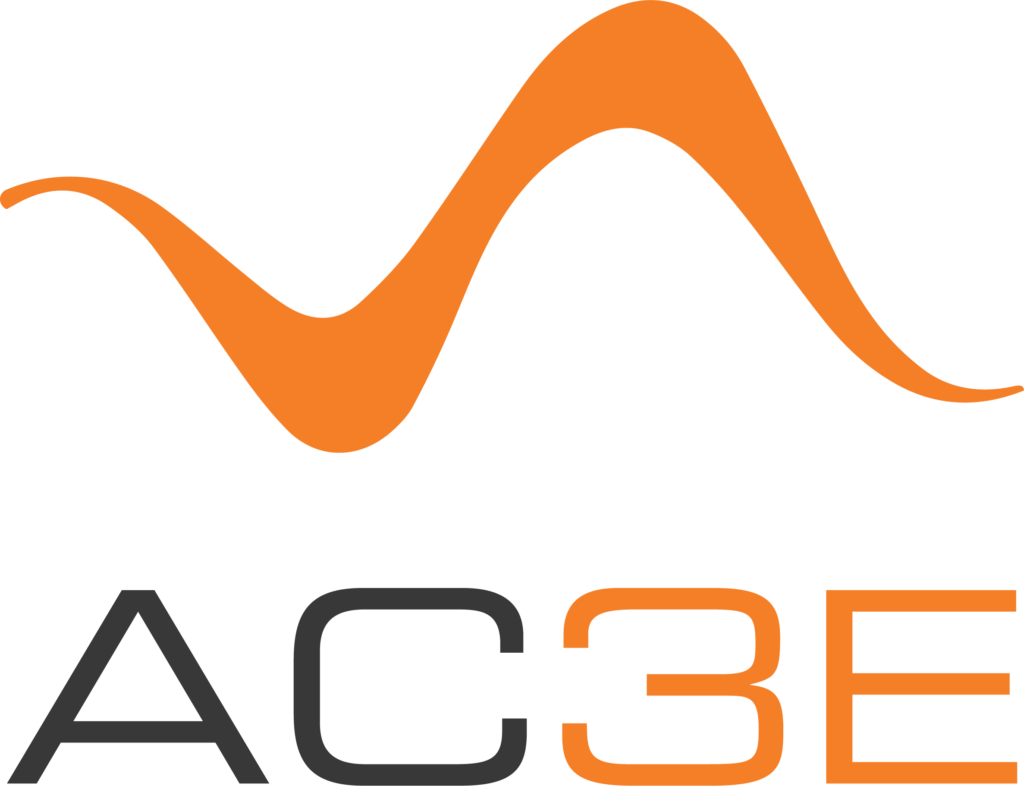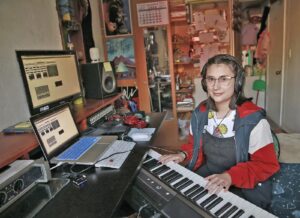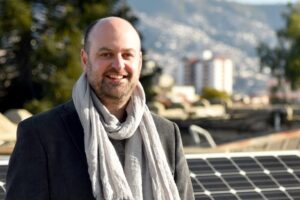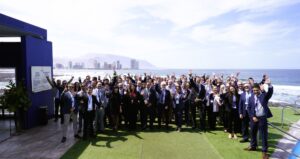[:es]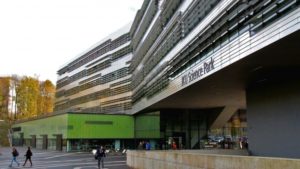 El investigador del Centro Avanzado de Ingeniería Eléctrica y Electrónica, AC3E, de la Universidad Técnica Federico Santa María y profesor del Departamento de Ingeniería Eléctrica de la Universidad de Chile, Dr. Marcos Orchard, visitó la Universidad Johannes Kepler, en Austria para exponer su trabajo “Métodos de Pronóstico basados en Filtros de Partículas”.
El investigador del Centro Avanzado de Ingeniería Eléctrica y Electrónica, AC3E, de la Universidad Técnica Federico Santa María y profesor del Departamento de Ingeniería Eléctrica de la Universidad de Chile, Dr. Marcos Orchard, visitó la Universidad Johannes Kepler, en Austria para exponer su trabajo “Métodos de Pronóstico basados en Filtros de Partículas”.
El investigador posee destacada experiencia en realización de trabajos de caracterización de fuentes de incertidumbre en problemas de pronóstico del estado de salud de sistemas dinámicos, basándose en la utilización de métodos secuenciales de Monte Carlo (también conocidos como Filtros de Partículas) para la estimación de la condición actual de equipos.
Johannes Kepler cuenta con un grupo vinculado a la detección y diagnóstico de fallas, el cual, en la actualidad ha manifestado un marcado interés por temas asociados al pronóstico de eventos catastróficos, es decir, aquellos que potencialmente afectan la estabilidad del sistema e impiden seguir adelante con el funcionamiento equipos.
Por esta razón, el investigador Marcos Orchard fue invitado a exponer su enfoque de pronóstico y esquemas de mantenimiento predictivo, en los cuales se utilizan señales en tiempo real para caracterizar el estado de salud del sistema y entender los procesos de degradación de componentes a los que se ve afecto.
A la charla asistieron profesores de distintas áreas del Departamento de Ingeniería Eléctrica, alumnos de postgrado y doctorado de dicha universidad, quienes se mostraron muy interesados en el trabajo expuesto por el académico.
Además realizó reuniones con académicos de Johannes Kepler, entre los que destacan Edwin Lughofer, con quien se encuentra trabajando en el pronóstico de eventos en sistemas complejos donde la fenomenología del proceso no es bien entendida.
Los viajes realizados por los investigadores de AC3E, permiten establecer redes de contacto para la creación de actividades de colaboración. “Este tipo de iniciativas ayuda a conformar buenos equipos de trabajo con estudiantes de postgrado de universidades internacionales, a difundir el trabajo del Centro y conocer otras realidades en materia de investigación”, destacó Marcos Orchard.
En Austria existe consciencia de la importancia de establecer vínculos entre la investigación y la industria, por ello el centro de investigación de la universidad es 100% financiado por empresas. “Este tipo de realidades está vinculada a los desafíos que tenemos como centro”, señaló.[:en] The researcher from the Advanced Center for Electrical and Electronic Engineering, AC3E, Universidad Técnica Federico Santa María and Professor of Electrical Engineering at the Universidad de Chile, Dr. Marcos Orchard visited Johannes Kepler University in Austria to presents his work ” PHM Fundamentals: Particle-Filtering-based Prognosis”.
The researcher from the Advanced Center for Electrical and Electronic Engineering, AC3E, Universidad Técnica Federico Santa María and Professor of Electrical Engineering at the Universidad de Chile, Dr. Marcos Orchard visited Johannes Kepler University in Austria to presents his work ” PHM Fundamentals: Particle-Filtering-based Prognosis”.
The researcher has significant experience in carrying out work on characterization of sources of uncertainty in the use of methods, problems of health forecast of dynamic systems based on the sequential Monte Carlo (also known as particulate filters) for estimating the current condition of equipment.
Johannes Kepler has a group linked to the detection and fault diagnosis, which currently has expressed a strong interest in issues associated with forecasting catastrophic events, those that potentially affect system stability and prevent proceed with equipment operation.
For this reason, the researcher Marcos Orchard was invited to present its approach to prognosis and patterns of predictive maintenance, in which signals are used in real time to characterize the state of health of the system and understand the processes of degradation of components that affection is.
The talk was attended by teachers from different areas of the Department of Electrical Engineering, postgraduate and doctoral students of the university, who were very interested in the work outlined by the academic.
He also held meetings with academics of Johannes Kepler, among them Edwin Lughofer, with whom he is working in forecasting events in complex systems where the phenomenology of the process is not well understood.
The trips made by the researchers of the AC3E allows networking opportunities for the creation of collaborative activities. “This type of initiative helps shape good teams working with graduate students from international universities, to spread the work of the Center and meet other realities in research,” said Marcos Orchard.
In Austria there is awareness of the importance of establishing links between research and industry, so the research center of the university is 100% financed by companies. “This kind of reality is linked to the challenges we have as the center,” he said.[:]


